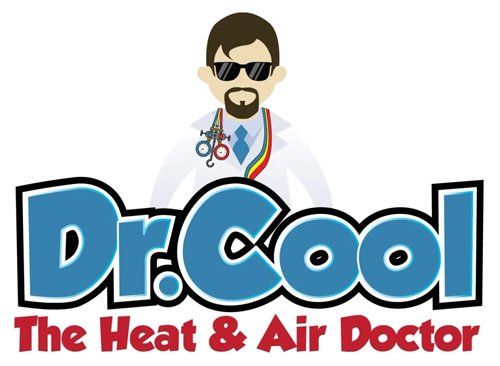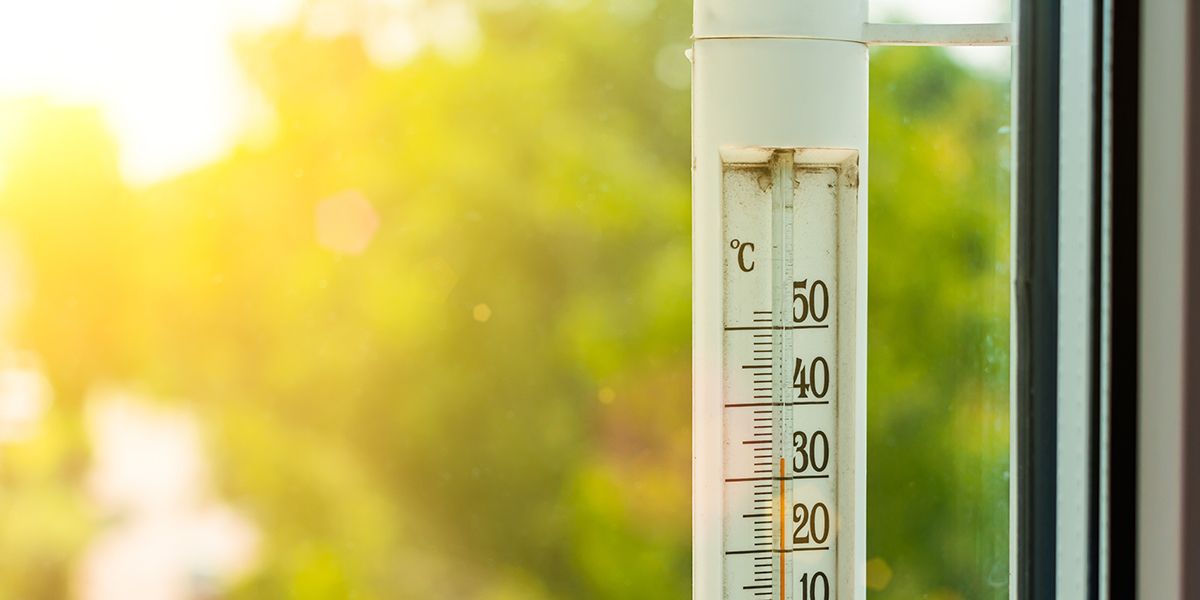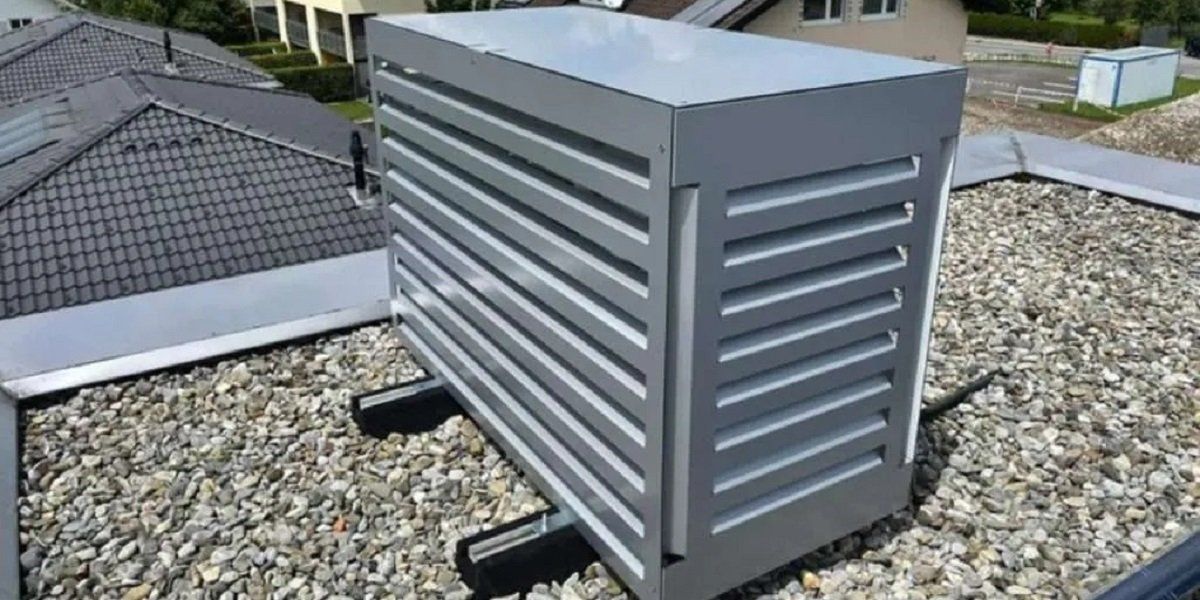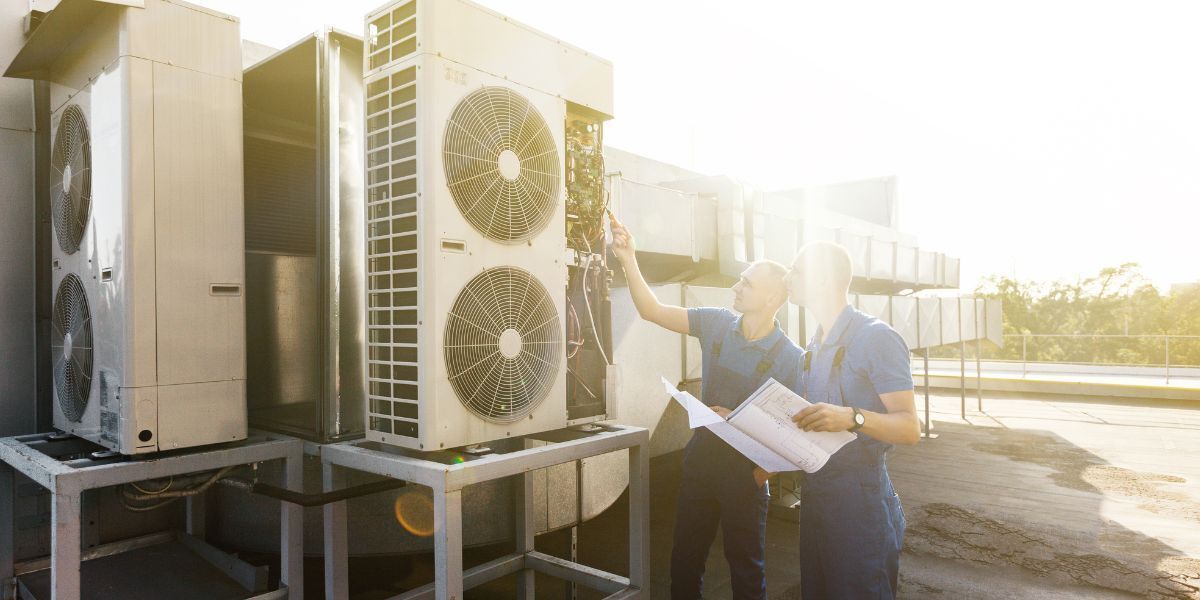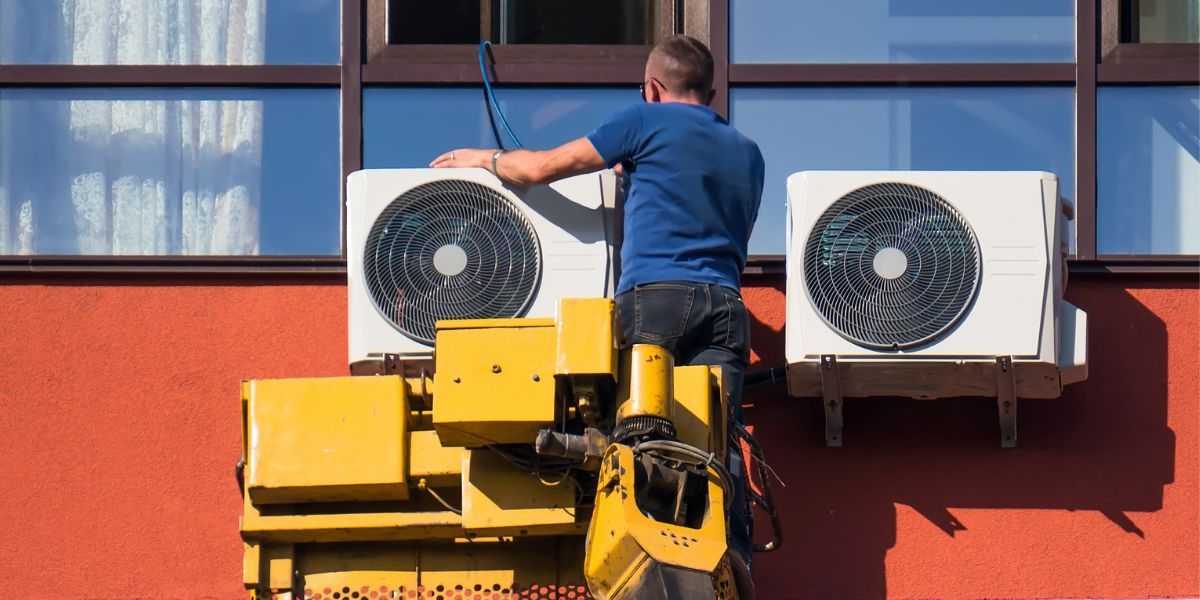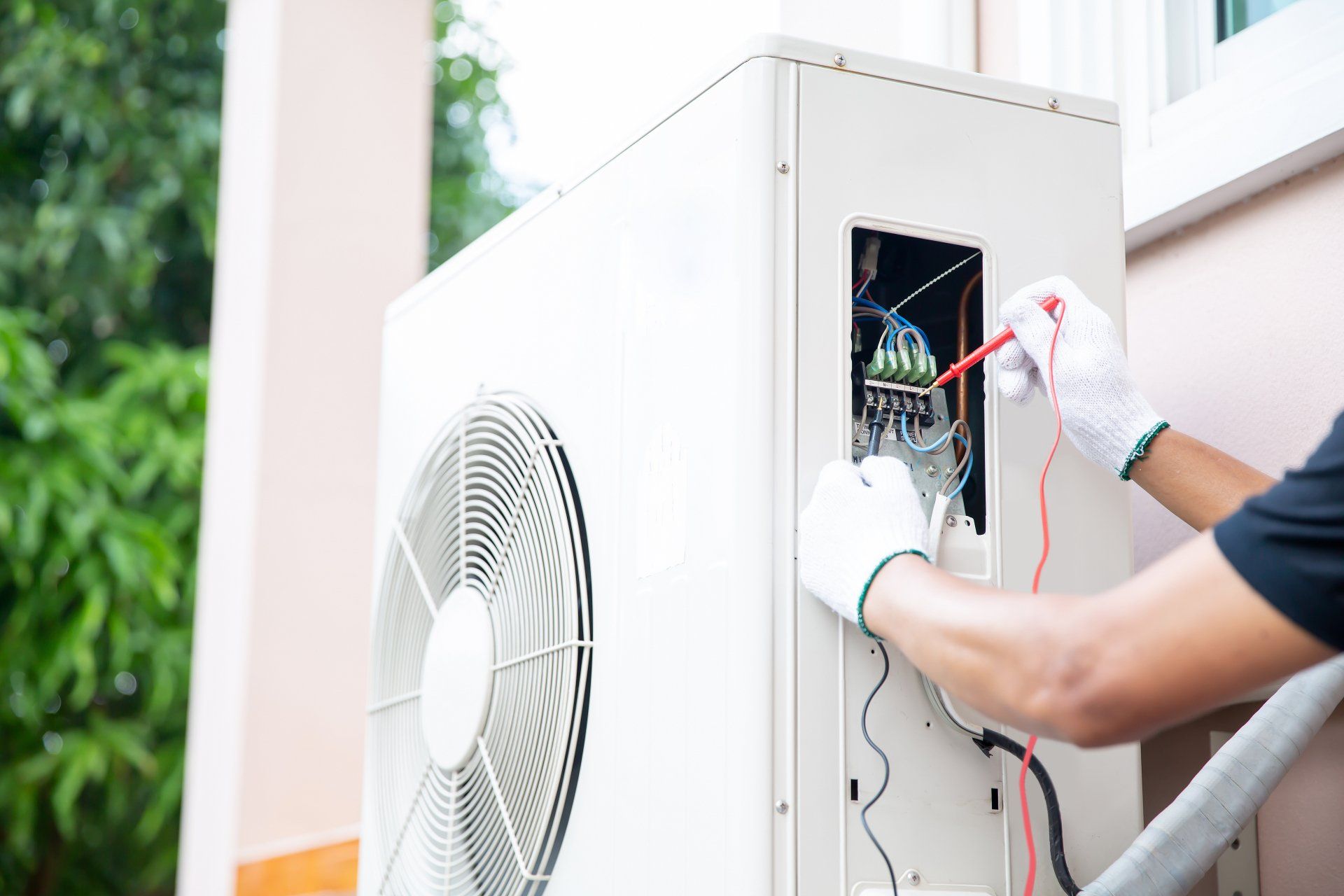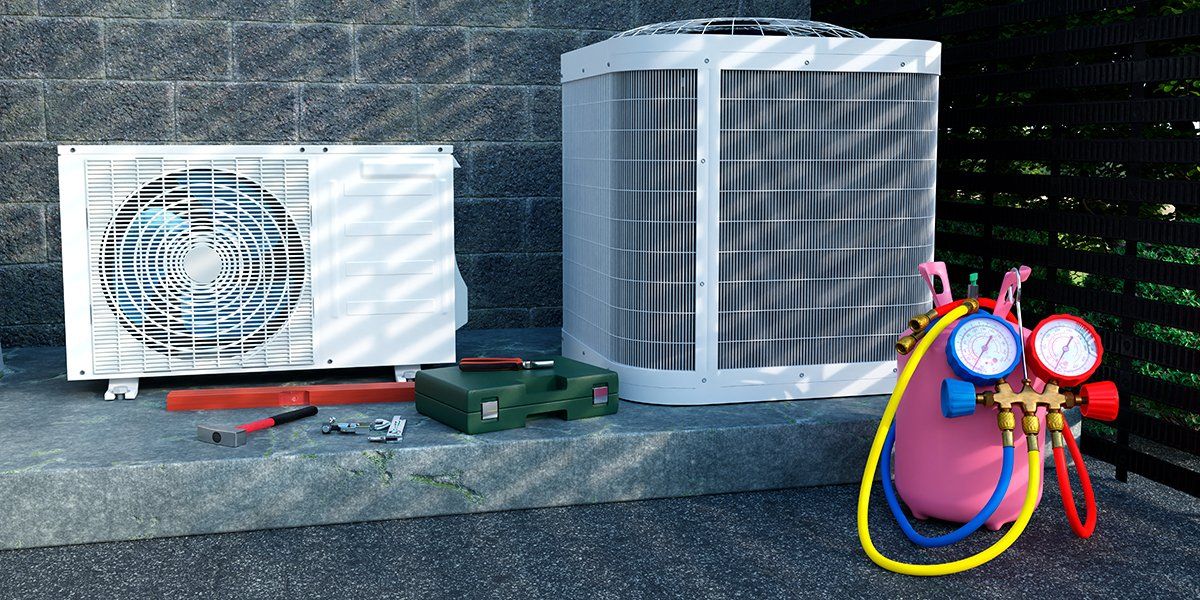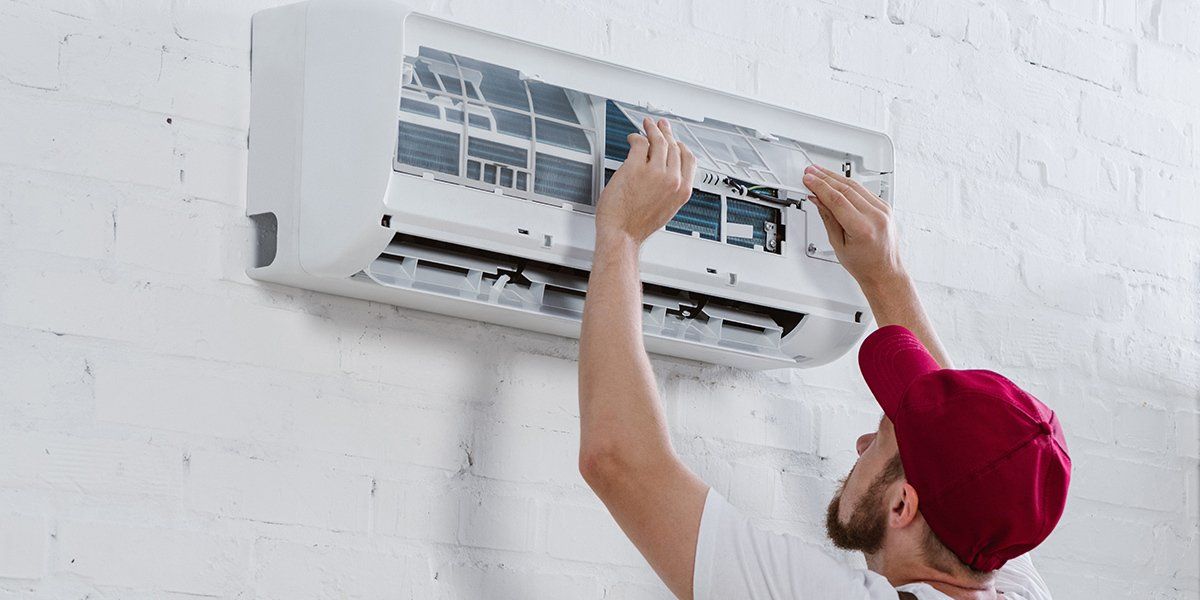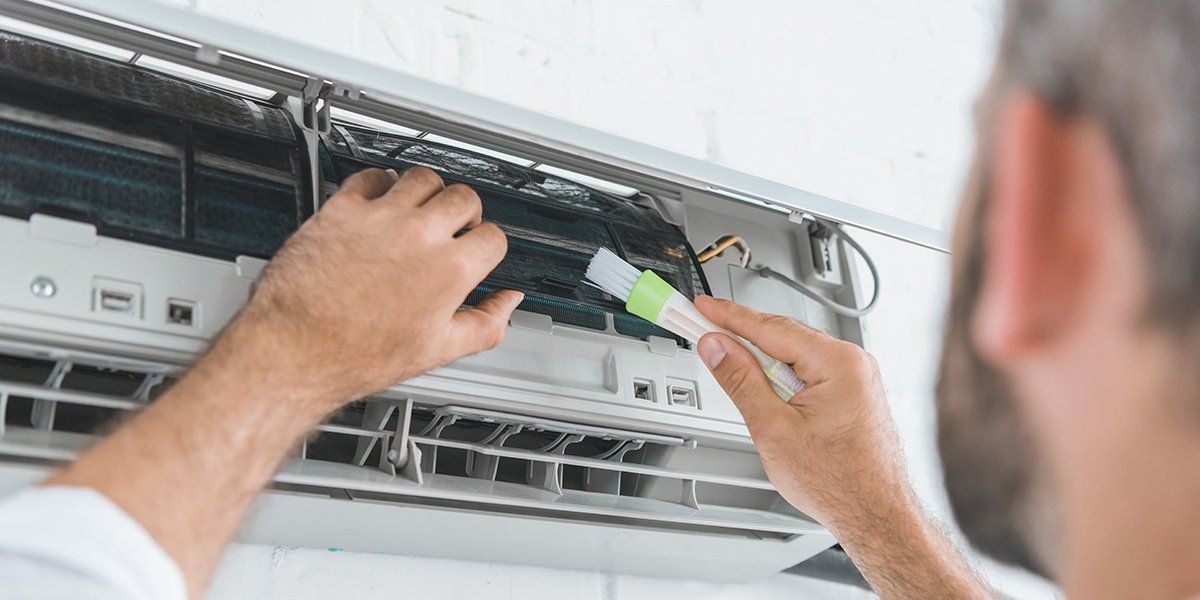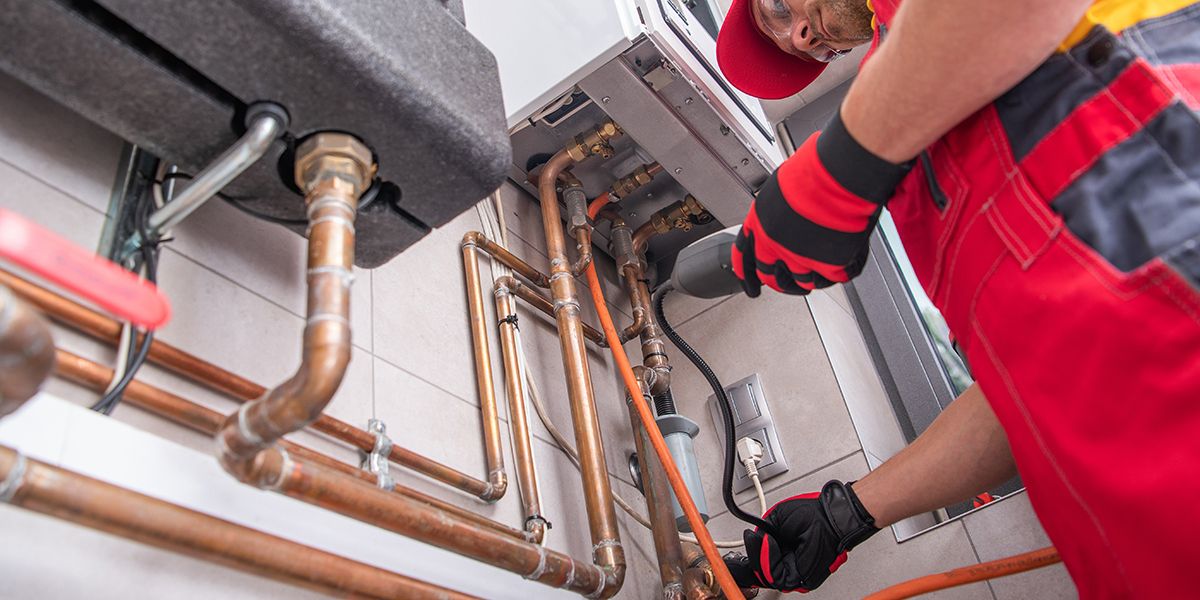Air Conditioner Low Air Flow: Top Causes and Solutions
Has cooling your home this summer taken longer than usual? Weak airflow may be the culprit. Often, air conditioner low airflow means that a component of your AC system has stopped functioning properly.
This malfunction will cause your unit to push less cool air into your home, thus failing to cool the space properly. Today, the experts at Dr. Cool the Heat & Air Doctor present the following guide on potential system malfunctions that may have led to poor AC airflow in your home.
Signs of Air Conditioner Low Air Flow
Here are three common signs that your air conditioner has an airflow problem:
- Your vents have ceased to blow air (or the airflow feels weaker than usual).
- You notice a pressure imbalance within your home (signs may include drafty areas and slamming doors).
- There are warm and cool patches of air throughout your home.
4 Reasons and Solutions for AC Airflow Issues
Here are the four most common reasons for weak AC airflow:
1. Dirty Air Filter
When cooling the air inside a building, all AC units use an air handler to pull air from the atmosphere and into the unit. This air must then pass through a filter before the system pushes it into the space. Thus, if your air filter is excessively dirty, it can change the pressure of the air the unit pushes into the house.
This change in pressure can restrict air flow, causing uneven temperature distribution throughout the home.
Solution
If you have not changed your air filter recently, replace it. You should change your air filter once every 1-6 months (depending on your unit).
Alternatively, if you change the filter frequently, the air filter you use may be too thick. In this case, try a filter from a cheaper brand with thinner fabric.
2. Leaky Ductwork
Ductwork becomes cracked and damaged over time. This deterioration can allow air to escape, not only raising your energy bills but also creating airflow problems. Duct systems typically lose about 35-50% of the air meant to travel to vents, leading to air conditioners' low airflow.
Solution
You will likely need to invest in AC repair in Columbia if your ductwork is the problem. An expert AC contractor will come to your home to check the state of your ductwork, patch it, and/or replace problematic areas.
3. Blocked Ductwork or Registers
If you have registers located close to or on the floor, you may have accidentally blocked them with furniture or other objects. Blocking any vent can lead to reduced air flow, particularly if there is only one register located in the room where you have a cooling problem.
Alternatively, blocked air ducts can also lead to airflow problems. The ductwork that contractors failed to install properly may restrict airflow, as designers create duct runs to deliver a specified amount of air to a space of a particular size. If air must travel for a longer distance and more curves, it reduces the power of the airflow.
Solution
If you notice low airflow, check that all vents are unblocked and the slats on your registers are open. Ensure the outdoor unit remains unblocked, as debris can cause damage to the outdoor component. If you notice that all registers are open and your outdoor unit is clean, you may need a technician to come to check out the configuration of the ductwork inside your home.
4. Frozen Evaporator Coil
A functioning evaporator coil is essential, as this is the component of air conditioners that cools the air. Evaporator coils typically freeze due to obstructions in the blower fan or condenser, a malfunctioning motor, or low refrigerant levels. When an evaporator coil freezes, it can cause ice to form, thus creating an obstruction that restricts the airflow of the unit.
Solution
Though sometimes solving a problem with a frozen evaporator coil is as easy as changing your air filter or unblocking air registers, you will likely have to call the experts at Dr. Cool the Heat & Air Doctor. We will check your air conditioner, clear obstructions, and/or repair faulty components.
Looking for Expert AC Help?
If you have tried our DIY suggestions and still have an air conditioner low air flow problem, contact Dr. Cool the Heat & Air Doctor. Call us at 803-368-5500 for service in Columbia, SC, or fill out our online form for a free quote. Alternatively, if you would like to learn more about other helpful topics, such as "learn how to improve AC efficiency," check out our blog today.
